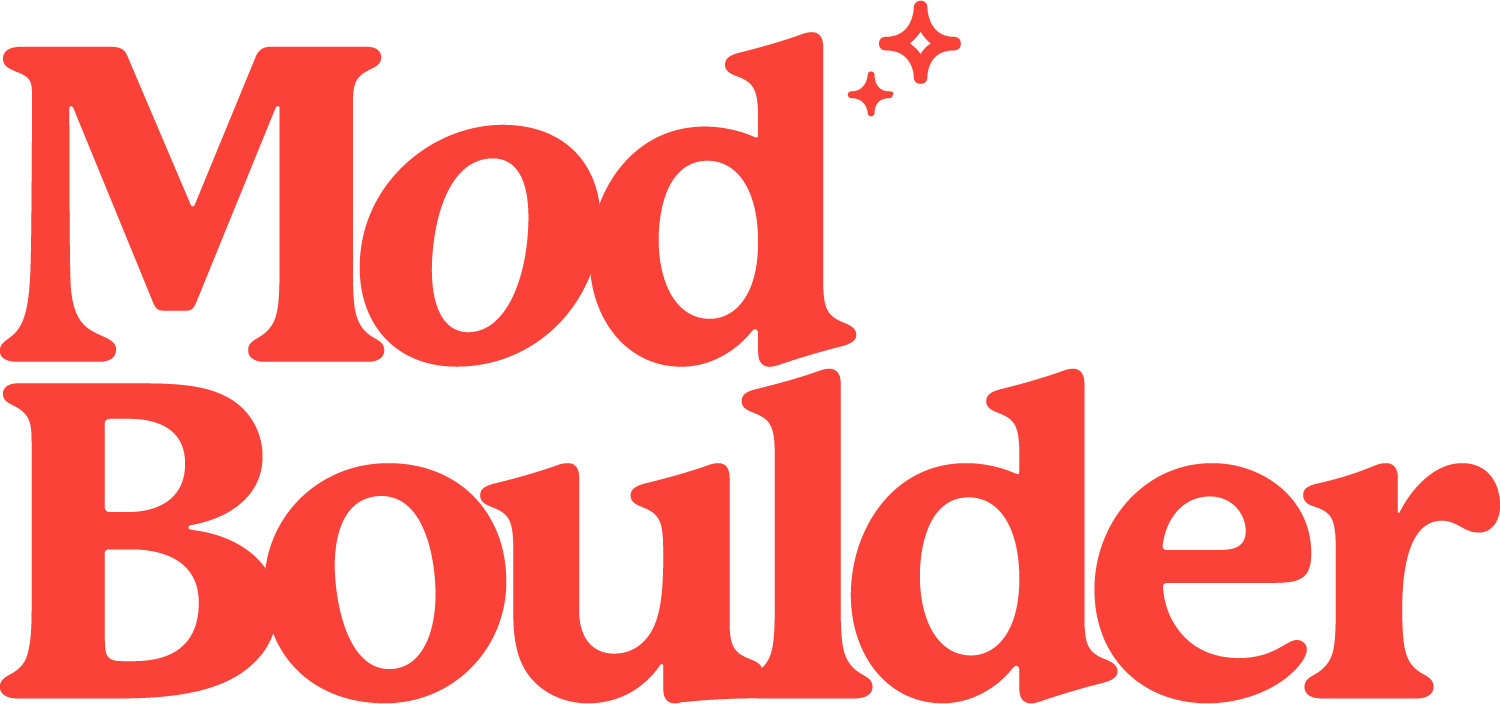House-Rich? 4 Reasons Downsizing Helps You Cash In
Let’s set the scene: You’ve owned your home for a while now. With a few extra payments on your principal, you’ve paid your mortgage down into the five-figure category. (High fives!) In the meantime, real estate prices have risen because demand is high and inventory is low. What’s this mean? Your house is likely worth more than what you bought it for, and you’re sitting pretty on a tuffet of equity. (Yes, I really just said tuffet.)
If you live in Boulder, this is most definitely the case. According to CoreLogic, the latest read on Boulder shows a thirty-one percent gain in home prices over the past two years—and there are clear signs that these prices are set to rise again. Here, you find yourself with an intriguing option: downsizing your home to cash in on your truckload of equity. (Tuffet-load? OK, I’ll stop.)
On a national average, homeowners are twice as house-rich as they were five years ago. This means the amount of equity homeowners now have—the value possessed outside their mortgage debt—has doubled in the last five years. And with the American real estate market heating up again, the amount of house-richness for many homeowners is set to increase even more.
Monetary boons aside, the physical size of American single-family homes has almost tripled since 1950. Coming in at nearly 2,700 square feet, the average newly built single-family home is three times the size of the average American home in 1950, which came in at a humble 1,000 square feet. If you think moving up in life means buying a bigger house, it’s time to rethink your logic.
Moving into a smaller home to cash in on your equity may feel like a step in the wrong direction, but let’s take a closer look at the upsides.
ATTACKING YOUR DEBT
If you’re working hard to pay off student loans, a car note or your credit cards, reducing your monthly mortgage and putting that extra cash toward your other financial goals can help cut down your debt—and all that mounting interest—quickly, which could pull you out of the debt ditch for good.
LESS CLUTTER
Ah, yes. The million-dollar question: “But where do I put all my stuff?” And therein lies the point of downsizing. By shrinking your square footage, you become more aware of what you own—ergo, what you can get rid of. Sure, a smaller home means less space, but it also means less stress and less things to dust. And while altruistic donations are always appreciated, eBay, Craigslist or a yard sale are ways to make a little more cash while you’re at it.
MORTGAGE, BE GONE!
The ultimate trade-in: Your mortgage for a paid-off home! If you’re downsizing in a big (and lucrative) way, use the proceeds from selling your current home to pay cash for your new, smaller home. Can’t make that work? Aim for a 15-year fixed rate mortgage and a big down payment up front to cut your new monthly payments even more.
BOOST RETIREMENT FUNDS
There’s no sense in waiting for that nest egg to hatch on its own: give your retirement savings a boost with the proceeds from downsizing (after paying off debts and setting aside an emergency fund, of course). Even with $500, imagine its growth over the next three decades—you could be sitting pretty with over a cool million in the bank come the golden years!

